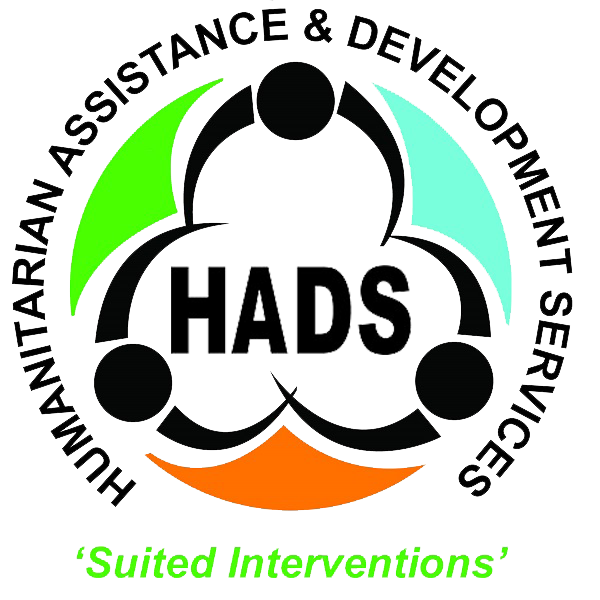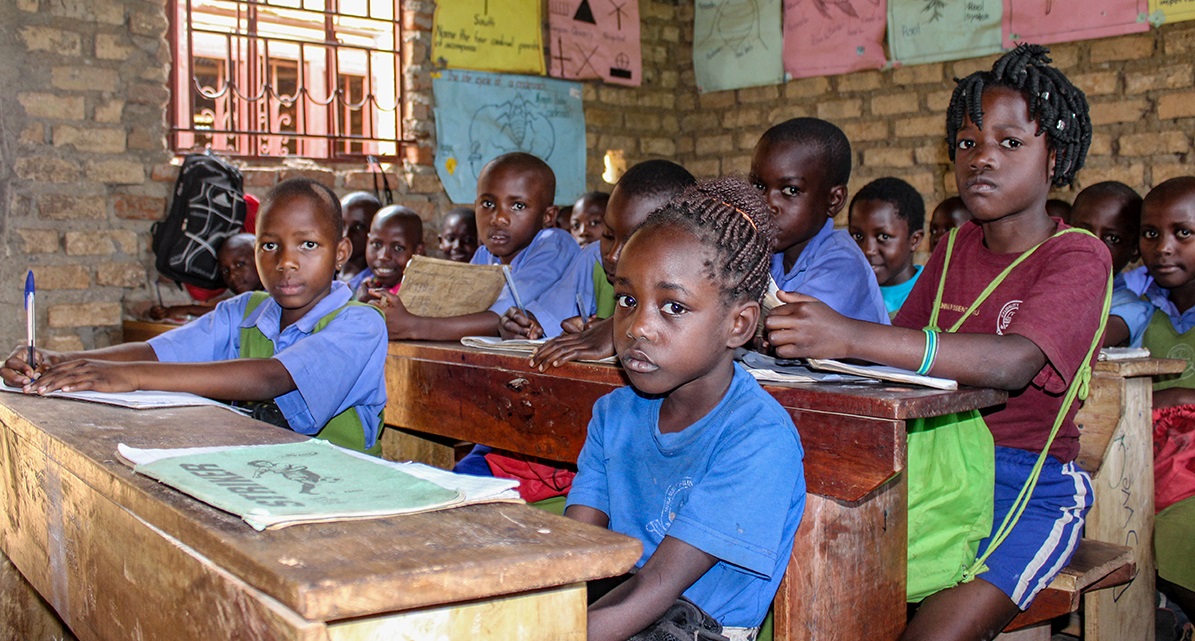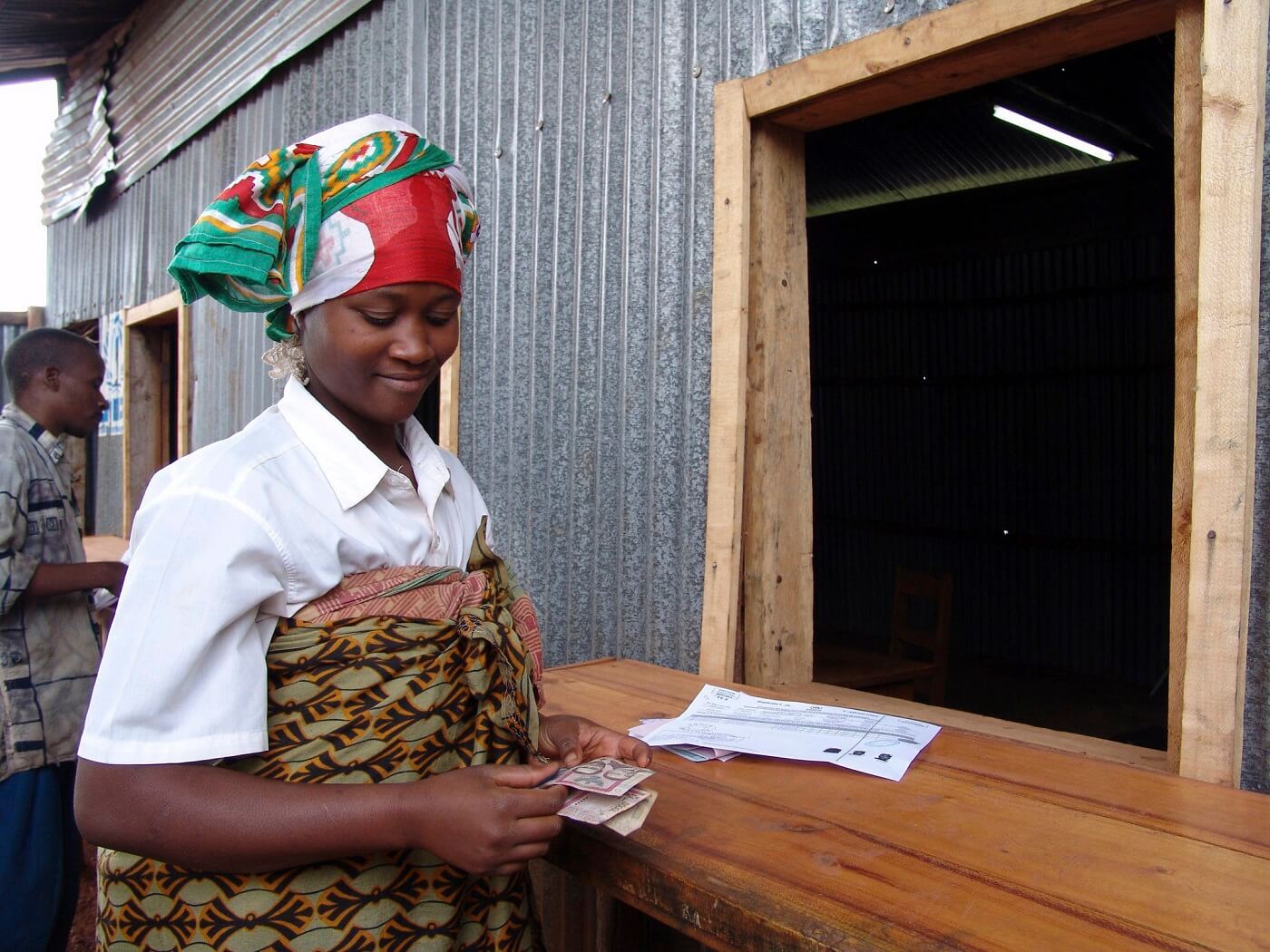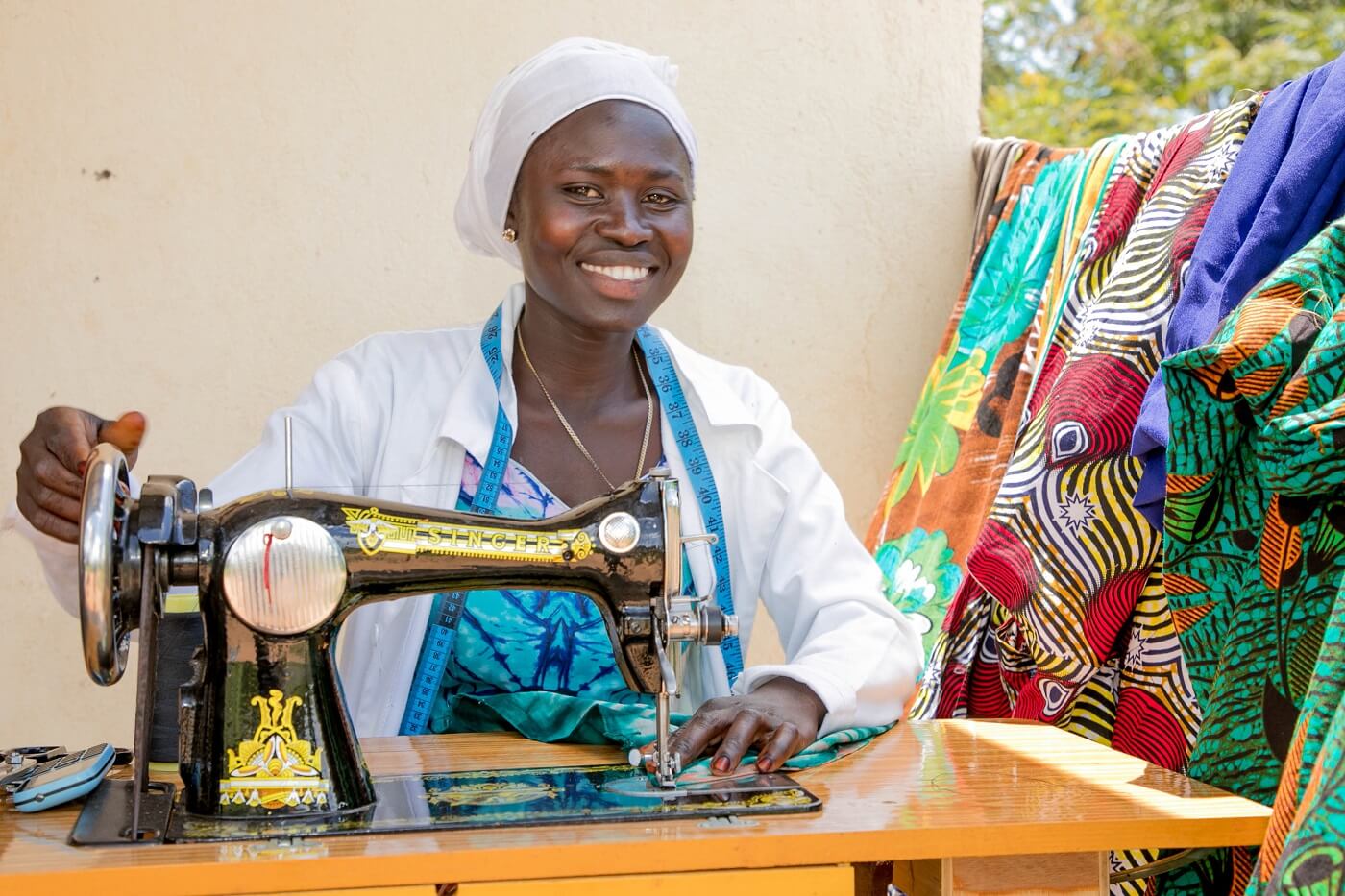Program Overview
HADS aims at providing holistic and comprehensive sexual and reproductive health services to underprivileged people most especially the youth aged 24 years old and below. The main objective of projects in this area is to provide sex education, counseling and basic sexual and reproductive health services (i.e. physical examination, screening for HIV and other sexually transmitted infections (STIs), primary medical treatment for STIs, family planning materials (including condoms and contraceptive pills).
Such a program will function effectively in promoting sexual and reproductive health as well as preventing illnesses or other negative consequences of sexual risk behaviours among the population group. The services are based on an adolescent-friendly atmosphere and employ psycho-social and medical basis aiming to ensure better and sustainable service for them. Moreover, the project will examine the change in young people’s perceptions and attitudes regarding sexuality, with respect to gender sensitivity, and their sexual practices.
Globally, in 2013, the United Nations Population Fund (UNFPA) estimated that 289,000 women died of pregnancy or childbirth-related causes. It is emphasized that these causes range from severe bleeding to obstructed labour, all of which have highly effective interventions. Further, it has been documented that as women have gained access to family planning and skilled birth attendance with backup emergency obstetric care, the global maternal mortality ratio has drastically fallen, which has resulted in many countries halving their maternal death rates (UNFPA Maternal Health Report, 2014).
However, despite the above background and the worldwide reduction in mortality rates, there is much more that has to be done especially in impoverished communities living in most Africa. Therefore, HADS recognizes the importance of protecting the mother from death since it normally results in making families vulnerable, and normally their babies will hardly survive childbirth and if they do, they rarely reach their second birthday.
Under this program, HADS caters for the Four (4) essential elements of maternal death prevention:
- Ensure that there is parental care, in which the expectant mothers receive at least four antenatal visits for purposes of checking and monitoring the health of mother and foetus;
- Provide training to birth attendants such that expectant mothers have skilled birth attendance coupled with a backup of emergency doctors, nurses and midwives who are competent in managing normal deliveries and can recognize from the onset of complications.
- Provision of emergency obstetric care to address the major causes of maternal death which are haemorrhage, sepsis, unsafe abortion, hypertensive disorders and obstructed labour.
- Provision of postnatal care, which is the six weeks following delivery. It is believed that during this time bleeding, sepsis and hypertensive disorders can occur and newborns are extremely vulnerable in the immediate aftermath of birth. Therefore, HADS provides follow-up visits by health workers to assess the health of both mother and child in the postnatal period.





